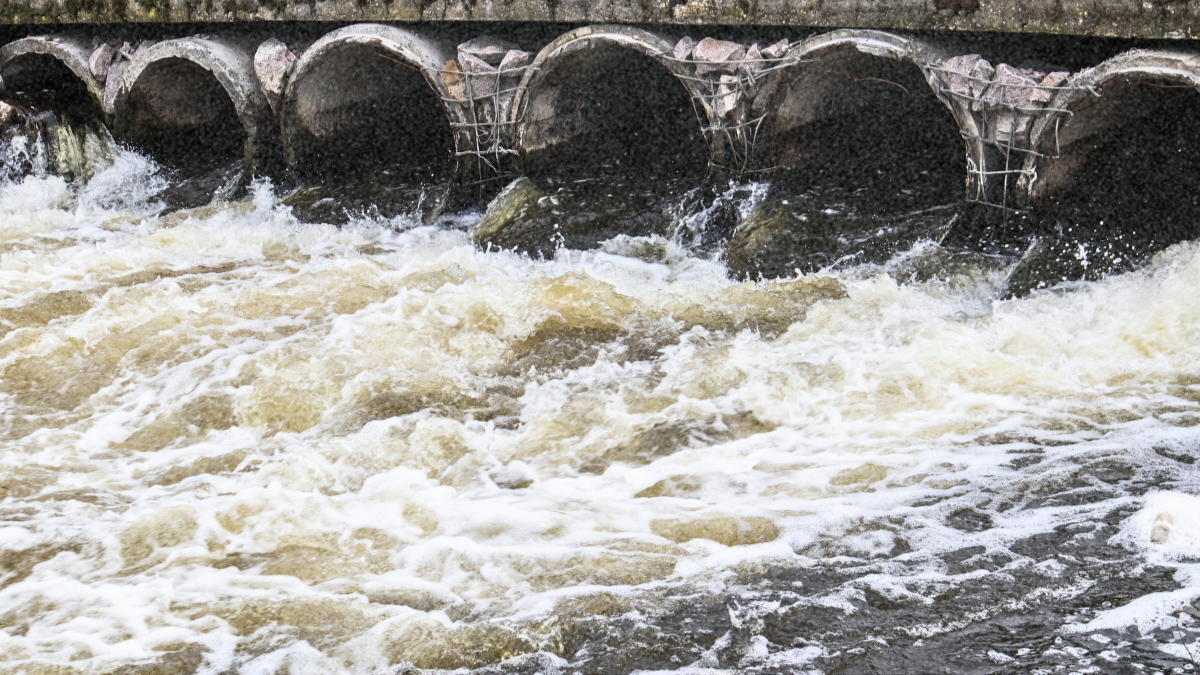Source: The Independent
A month after Hurricane Helene made landfall in western North Carolina, residents, activists, and officials are continuing storm recovery efforts.
One of the biggest focal points amid recovery efforts has been the rebuilding of water treatment facilities, water pipes, and residents getting access to drinking water.
Earlier this month, North Carolina Gov. Roy Cooper signed an executive order to expedite repairs, as the U.S. Army Corps of Engineers has been called in to assess water systems, wastewater plants, and dams across the state.
According to The Washington Post, crews have been working 24 hours a day replacing broken pipes and patching up leaks. For Asheville, water officials stated that water outages, which they estimated affected 50,000 to 100,000 customers across the region, had dropped “significantly.” As of Oct. 16, 75 to 80 percent of the system running non-potable water to city and county residents, the Asheville Citizen-Times reports.
Floodwaters from Hurricane Helene have washed so much dirt and sediment into broken water pipes that officials are warning residents for whom water service is restored to flush their pipes for at least 15 minutes to reduce contamination, The Washington Post reports.
Officials have stated that while the water is then considered safe for bathing and washing dishes, it should be boiled for at least a minute before it is safely drinkable — and even then, should be strained first.
According to the Asheville Citizen-Times, the timeline for running drinkable water remains out of reach as the city began an in-lake treatment process for the North Fork Reservoir (historically the Burnett Reservoir). The reservoir is the water source for over 70 percent of Asheville residents.
“That lake was flipped completely upside down by Helene,” Clay Chandler, Asheville Water Resources spokesperson, told Asheville Citizen-Times. “Sediment on the bottom came all the way to the top and turned what is normally crystal-clear, pristine water into something that strongly resembled chocolate milk.”
The U.S. Environmental Protection Agency (EPA) has also deployed mobile laboratories to support the North Carolina Department of Environmental Quality, the North Carolina Department of Health and Human Services, and local health departments in drinking water testing efforts.
While state and federal officials help rebuild the water systems, local officials, volunteers, and community nonprofits like BeLoved Asheville have been organizing to get residents access to water.
In addition, the city of Asheville has multiple Community Care Stations with portable showers, laundries, portable toilets, and other conveniences.Western NC residents can track the status of the public water supply in their area through this website.





